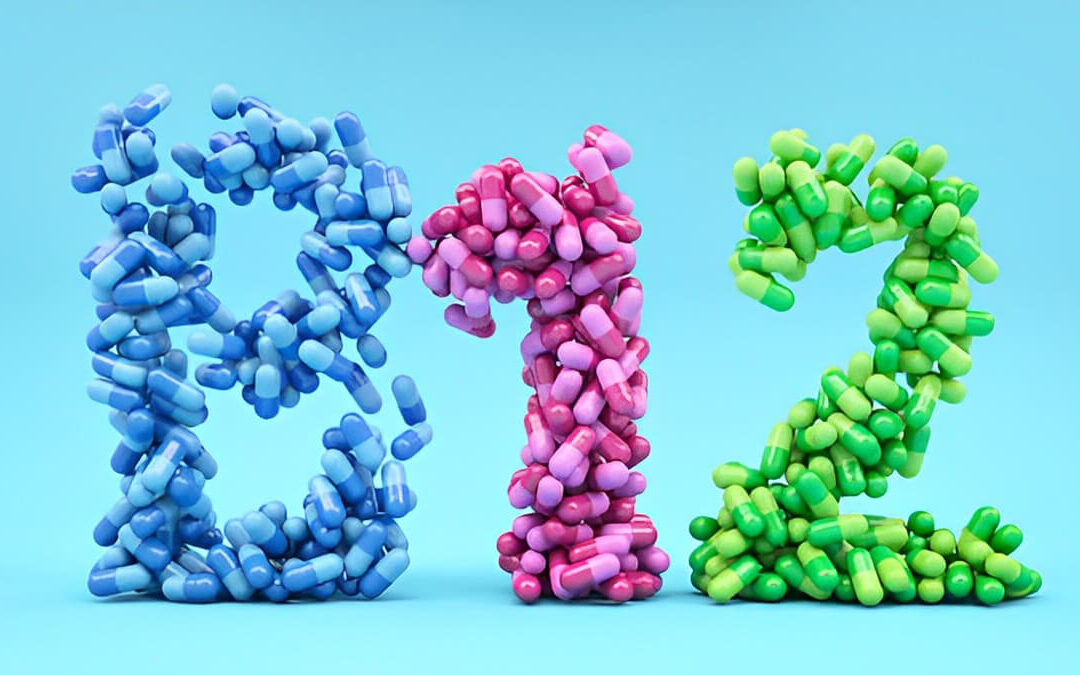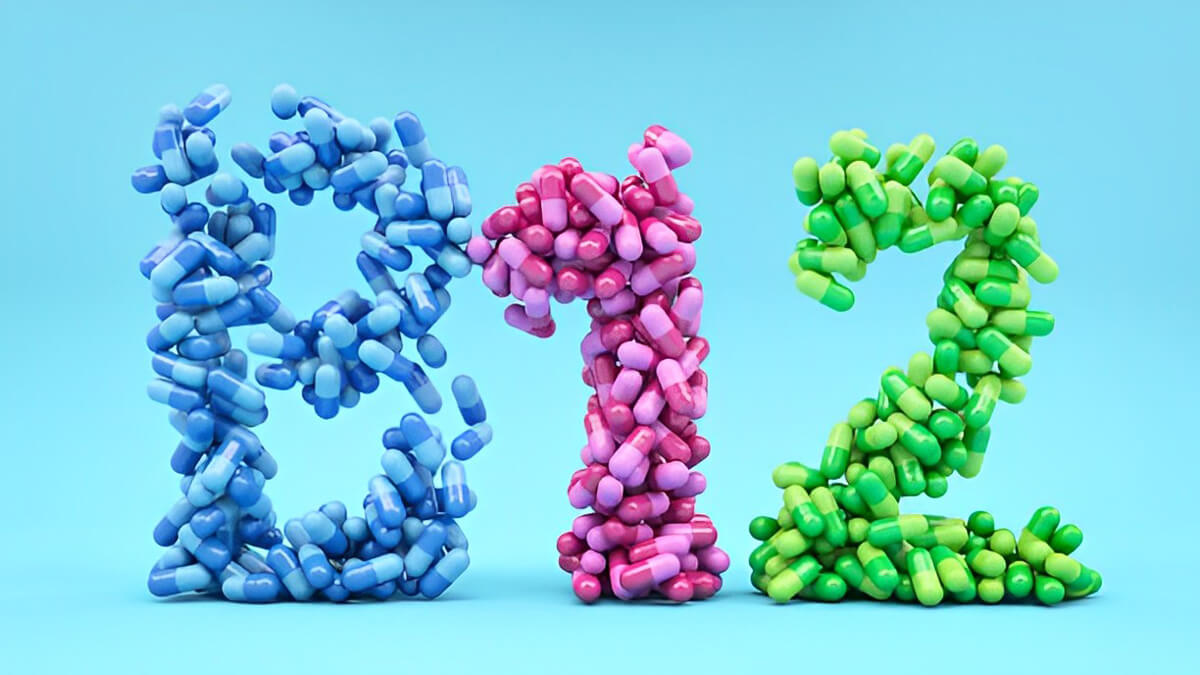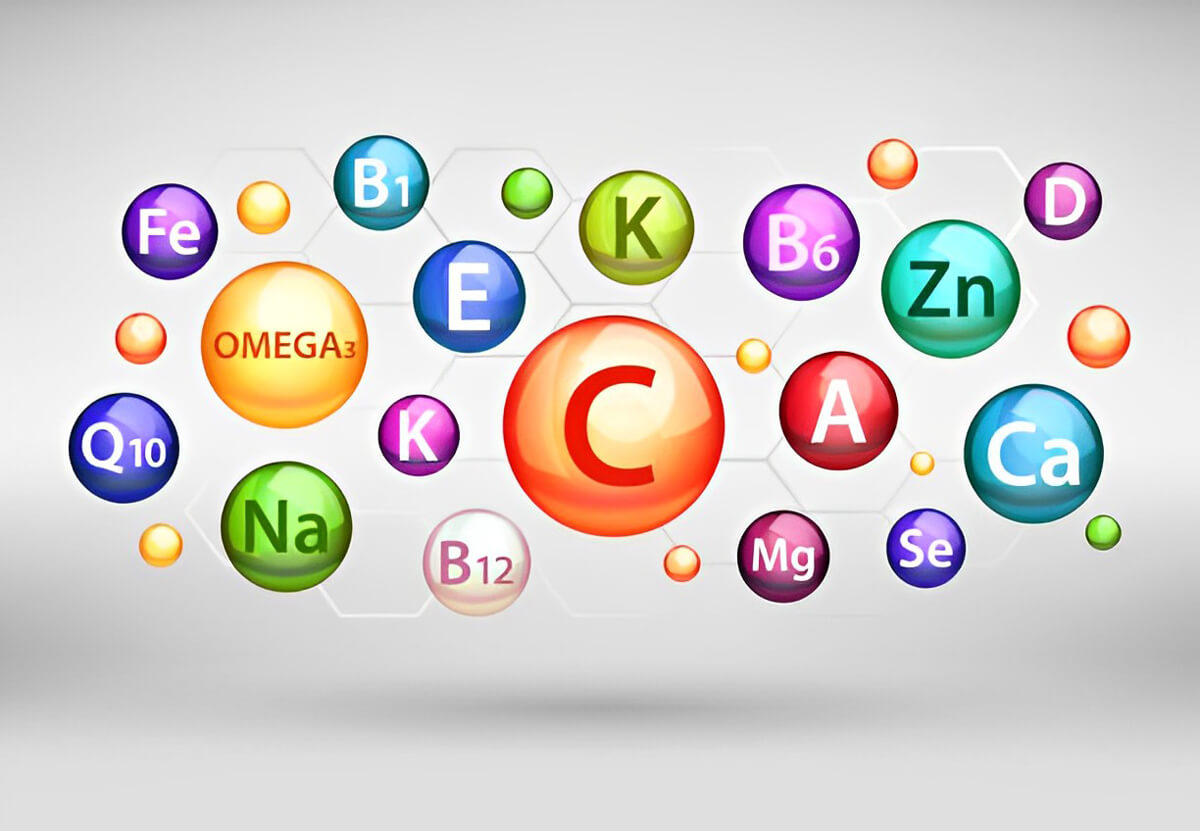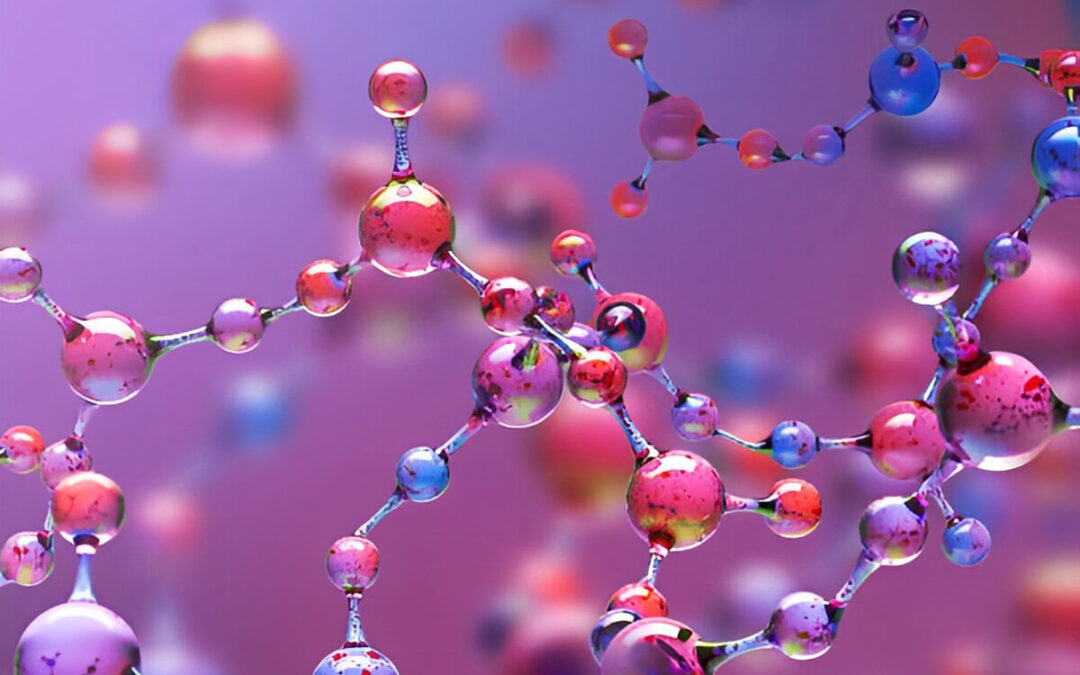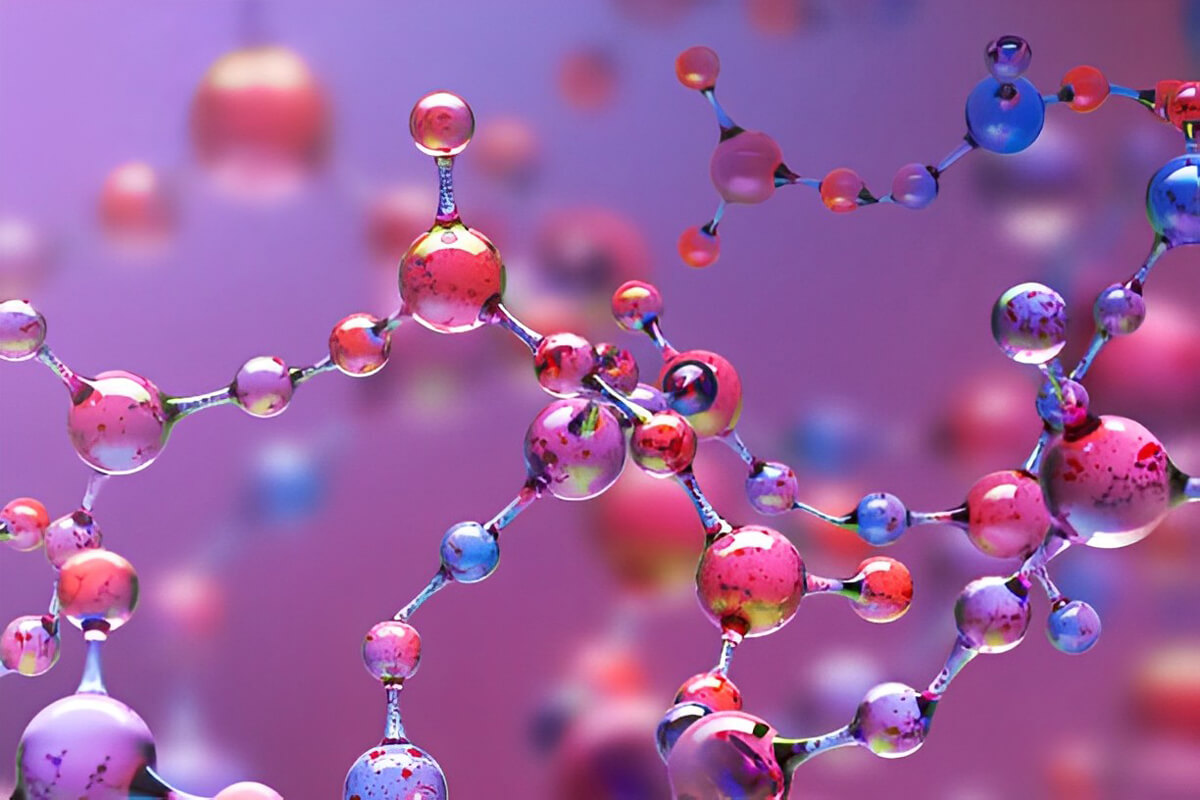
Glutathione synthesis
This is the detailed step-by-step description of glutathione synthesis.
Step 1: Methionine cycle
– The synthesis of glutathione starts with the methionine cycle. In this cycle, methionine, an essential amino acid, is converted to S-adenosylmethionine (SAM) through the action of the enzyme methionine adenosyltransferase (MAT).
– SAM is an important molecule in the body and serves as the primary methyl donor for various biochemical reactions, including DNA, RNA, and protein methylation.
The Delicate Balance: GABA and Glutamate in Harmony
When GABA and glutamate are in balance, our brain functions optimally, and our mental health flourishes. However, various factors, such as stress, poor diet, and certain medical conditions, can disrupt this equilibrium. Such imbalances have been linked to mental health issues, including anxiety, depression, and even neurodevelopmental disorders like ADHD and schizophrenia.
Step 2: SAM-dependent methylation reactions
– SAM, being a methyl donor, is involved in methylation reactions, one of which is the methylation of homocysteine.
– In the context of glutathione synthesis, SAM donates a methyl group to homocysteine, converting it back into methionine. This reaction is catalyzed by the enzyme methionine synthase.
– Vitamin B12 (cobalamin) is a critical cofactor required by methionine synthase to perform this methylation reaction.
Step 3: Transsulfuration pathway
– After being remethylated to methionine, the amino acid can enter the transsulfuration pathway.
– In the transsulfuration pathway, methionine is converted to cysteine. This process involves two enzymatic reactions.
– First, methionine combines with serine, and the enzyme cystathionine beta-synthase (CBS) facilitates the conversion of this complex into cystathionine.
– Vitamin B6 (pyridoxine) is a cofactor essential for the proper functioning of CBS.
– The second reaction involves the conversion of cystathionine to cysteine, and it is catalyzed by the enzyme cystathionine gamma-lyase (CGL).
Step 4: Glutathione synthesis
– Cysteine, a product of the transsulfuration pathway, is a critical component of glutathione.
– Cysteine combines with glycine and glutamate to form glutathione, a tripeptide.
– The synthesis of glutathione is catalyzed by the enzyme glutathione synthetase.
– Glutathione is now available in its reduced form (GSH), which is essential for its antioxidant and detoxification functions in the body.
In summary, glutathione synthesis involves the methionine cycle, which generates the methyl donor SAM through methionine. SAM is then utilized in SAM-dependent methylation reactions, including the remethylation of homocysteine back to methionine with the help of vitamin B12.
Afterward, methionine enters the transsulfuration pathway, where it is converted to cysteine with the aid of vitamin B6. Finally, cysteine combines with glycine and glutamate to form glutathione, catalyzed by glutathione synthetase. The process relies on specific B-vitamins as cofactors to ensure proper functioning and efficient glutathione synthesis in the body.
Resources
1. Meister, A., & Anderson, M. E. (1983). Glutathione. Annual Review of Biochemistry, 52(1), 711-760. DOI: 10.1146/annurev.bi.52.070183.003431
2. Lu, S. C. (2013). Glutathione synthesis. Biochimica et Biophysica Acta (BBA) – General Subjects, 1830(5), 3143-3153. DOI: 10.1016/j.bbagen.2012.09.008
3. Jones, D. P. (2006). Extracellular redox state: refining the definition of oxidative stress in aging. Rejuvenation Research, 9(2), 169-181. DOI: 10.1089/rej.2006.9.169
4. Ballatori, N., Krance, S. M., Notenboom, S., Shi, S., Tieu, K., & Hammond, C. L. (2009). Glutathione dysregulation and the etiology and progression of human diseases. Biological Chemistry, 390(3), 191-214. DOI: 10.1515/BC.2009.033
5. Stipanuk, M. H. (2004). Sulfur amino acid metabolism: pathways for production and removal of homocysteine and cysteine. Annual Review of Nutrition, 24(1), 539-577. DOI: 10.1146/annurev.nutr.24.012003.132418
6. Finkelstein, J. D. (1998). The metabolism of homocysteine: pathways and regulation. European Journal of Pediatrics, 157(S2), S40-S44. DOI: 10.1007/PL00014316

